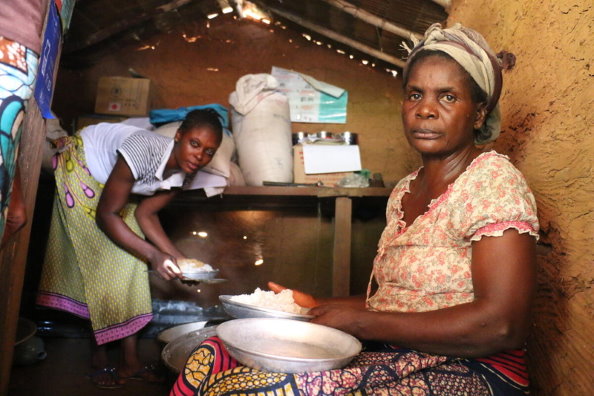
ROME - This year's edition of the SOFI is the first global assessment of its kind reflecting the dramatic impact of COVID-19 on food security and malnutrition.
High resolution photos here
Broadcast quality video here.
Quotes that can be attributed to senior WFP staff:
WFP Executive Director, David Beasley:
"The SOFI highlights a devastating reality: the path to Zero Hunger is being stopped dead in its tracks by conflict, climate and COVID-19. More people slid into chronic hunger in 2020 than in the previous 5 years combined, and 1-in-5 children around the world are stunted, meaning their future potential is being destroyed by hunger. The world needs to act to save this lost generation before it's too late."
WFP Chief Economist, Arif Husain:
"Our worst fears are coming true. The reality is worse than expected. In one year alone, the number of people in the grip of chronic hunger has risen more than in the previous five years combined. Reversing such high levels of chronic hunger will take years if not decades. We must commit now to working together at the national, regional and global levels to build lives back better and quicker. The cost of inaction is simply too high for all of us."
Chief of WFP's Climate and Disaster Risk Reduction Programmes, Gernot Laganda:
"Climate shocks and stresses are driving hunger like never before. Despite contributing little to climate change, communities in developing countries are the most exposed and the least prepared to address the accelerating threats that come with it."
Director of WFP's School Meals Programme, Carmen Burbano:
As world hunger skyrockets, children are paying the heaviest price. Last year, 370 million children missed out on school meals because of school closures during the pandemic. Even today, we know 150 million of them still do not have access to these programmes. We must work together to restore what we had and put in place even better programmes that give children and communities a future.






